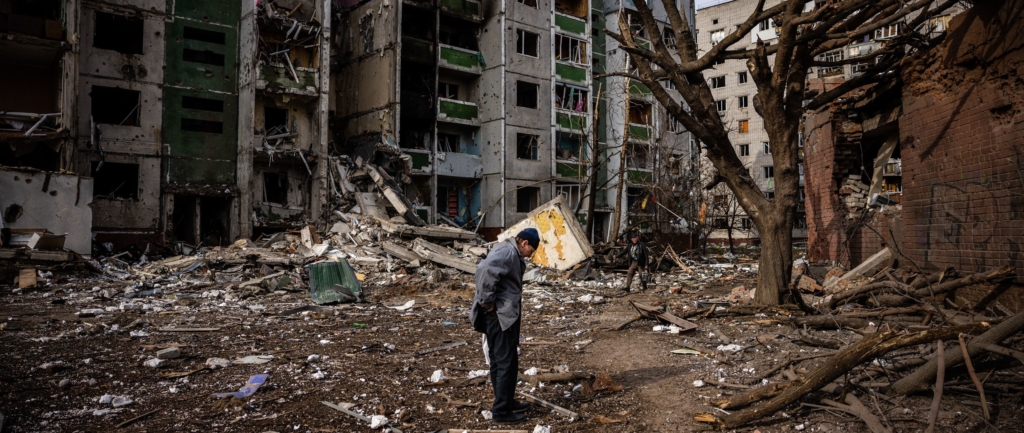
This document outlines Amnesty International’s main concerns and recommendations in view of the 24-25 March European
Council discussion on the crisis in Ukraine.
Russia’s invasion of Ukraine is a manifest violation of the United Nations Charter and an act of aggression that is a crime
under international law.1 One month since the invasion, Amnesty International has documented an escalating pattern of
violations of international humanitarian law and human rights law, with catastrophic consequences for the Ukrainian people
and the entire civilian population.
There are now over 6.5 million internally displaced persons and over 3.5 million refugees2
, the majority of whom are women
and children.
Meanwhile, as the war rages on in Ukraine, the Russian authorities have unleashed an unprecedented, nationwide
crackdown on independent journalism, anti-war protests and dissenting voices in an attempt to stifle any criticism of its
actions at home. This clampdown has decimated Russia’s already beleaguered civil society, following nearly a decade of
legislative restrictions designed to quell dissenting voices and shrink civic space. Following Russia’s exit from the Council
of Europe, and its declared intention to denounce the European Convention on Human Rights, some of the last safeguards
against human rights abuses will be off limits to those who need them most in Russia.
Recommendations to European Union leaders ahead of EU Council meeting – Ukraine and Russia
UKRAINE AND RUSSIA: Amnesty International’s Key Recommendations for EU leaders
Source: Global Pinoys PH

0 Comments